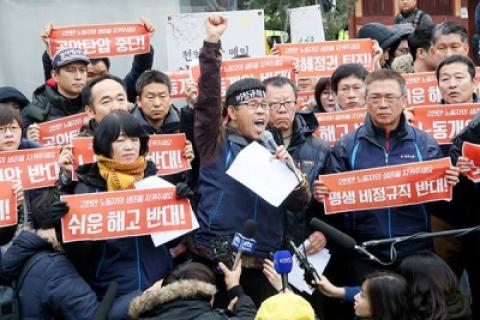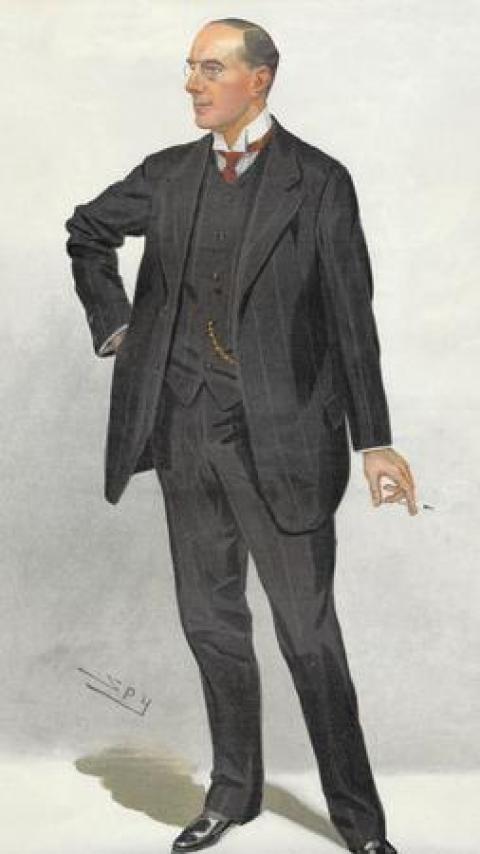Friday Nite Videos -- July 8, 2016

Vertical farms produce crops in stacked layers, often in controlled environments such as those built by AeroFarms in Newark, New Jersey.
Some of the things hosts of "Fox & Friends" have said to Gretchen Carlson on the air.
Sen. Merkley and Rep. Blumenauer join Tyson Haworth, owner of Oregon's Finest & sofresh farms, to discuss the banking and tax challenges that legal cannabis companies are facing under current federal law.
Sen. Warren lays out in compelling detail how TPP would allow corporations to bypass traditional courts in favor of unaccountable, industry-friendly “arbitration panels.”
Nakia Jones, a Cleveland Ohio police officer expressing her feeling about being an officer and the Alton Sterling shooting.





Spread the word